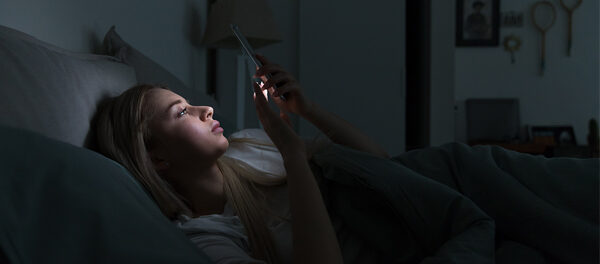What’s Costing You a Good Night’s Sleep?

There are several variables that impact a person’s ability to get good, quality sleep. But when it comes to preparing for bedtime, experts say too much light exposure is often to blame for problems people have in falling and staying asleep.
Experts with the U.S. Centers for Disease Control and Prevention, the Sleep Health Foundation and Harvard Medical School are among the sleep researchers who note that keeping the sleep environment dark throughout the night is important to helping a person stay asleep. But exposure to artificial light even before it’s time for bed can make it hard for a person to get quality sleep, an expert with the American Academy of Sleep Medicine (AASM) told Newsweek.
When the sun sets at night, the darkness that settles in is supposed to signal to the body that it’s time to sleep, according to Dr. Douglas Kirsch, a former president of the AASM’s board of directors. “When you get a lot of light in the evening—you’re watching your 70-inch television set, your iPad is a foot from your face—it’s a lot of artificial light, and that kind of tells your body it’s not yet time for bed,” Kirsch told Newsweek. He added it’s “really all light” that causes this problem, not just the blue light from televisions and phone screens.
Excerpted from Newsweek










